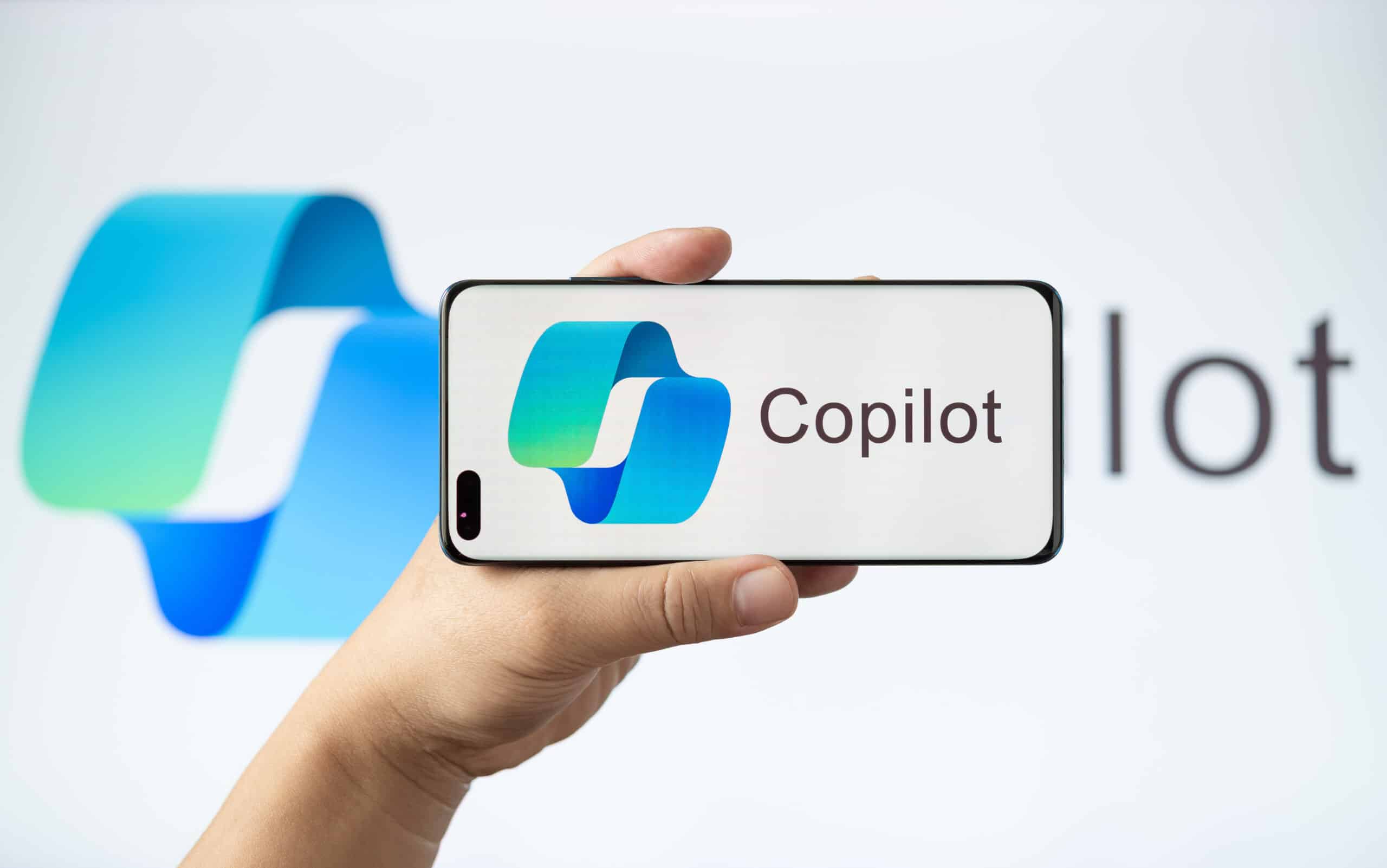Microsoft is once again raising the stakes in the AI arms race—this time by turning its Edge browser into an intelligent assistant.
The company unveiled a new feature on Monday called Copilot Mode, which allows users to interact with the web in a more conversational, AI-powered way. With it, Edge becomes more than a portal to information; it becomes a digital partner capable of understanding what you’re researching, offering tailored suggestions, and even performing simple actions.
It’s a bold move experimental for now but one that could redefine how humans interact with the web.
A Browser That Acts Like A Human Assistant
Once enabled, Copilot Mode transforms Edge’s new tab interface. Users can search, chat, and navigate the internet while Copilot provides contextual guidance. Ask it to simplify a recipe, compare hotel prices across tabs, or even draft a quick message—it responds immediately.
In one demo, a user browsing a lasagna recipe asks Copilot how to make it vegan. The AI suggests substitutions, removing the need to open a new tab or consult an external chatbot. For some, this could be a time-saver. For others, a step too far.
Microsoft says the feature is opt-in and transparent. Copilot can only read your browsing content with your explicit permission. Still, the ability of a browser to “see” everything you see raises questions about digital boundaries and surveillance fatigue.
The move is part of a growing trend known as “agentic browsing,” where AI agents not only help you find information but also take actions—booking appointments, making shopping lists, or summarizing research. Microsoft sees this as the next phase of productivity.
But not everyone is convinced. “We’re walking a fine line,” says digital rights analyst Tomi Adeniran. “Yes, it’s convenient. But should we normalize giving AI assistants access to every open tab, every search, and every click?”
Why It Matters
In African and emerging markets, where many users are just catching up to browser-based tools, Copilot Mode could accelerate digital literacy and access. Voice inputs, task automation, and intelligent recommendations might empower non-tech-savvy users to navigate services that would otherwise be complex.
However, such benefits may be undermined by concerns around data localization and internet affordability. AI-driven browsing is only useful if users can trust the infrastructure, afford stable connectivity, and understand how their data is being used.
A Glance Into The Future
Microsoft says future versions of Copilot will allow for deeper personalization—like remembering user history and offering project continuity. In practice, that means your browser might soon suggest what you were researching last week, or preemptively draft your next email.
Whether that’s a feature or a surveillance risk depends on who’s asking—and who’s watching.
For now, Copilot Mode is available for free to all Mac and PC users with access to Microsoft’s Copilot. It’s still in testing, but the trajectory is clear: the browser is no longer a passive window. It’s becoming a thinking agent.
And as the line between tool and partner blurs, so must the conversation around control, ethics, and the future of our digital lives.
Talking Points
The Browser Is No Longer a Tool — It’s Becoming a Thinking Partner. Microsoft’s Copilot Mode signifies a turning point in web navigation. We’re no longer browsing the internet alone—we’re now consulting with a digital assistant that interprets our intent, filters information, and even takes action.
That might sound like progress, but it also means we’re surrendering a degree of autonomy to algorithms whose design we don’t fully understand.
Convenience or Cognitive Offloading? AI-powered browsers promise ease, but at what cost? Copilot Mode might help you skip recipe backstories or automate bookings, but it could also dull our ability to think critically, cross-reference sources, and retain digital literacy.
If everything is summarized for us, when do we actually learn how to assess information ourselves?
For Africa’s Digital Economy, the Benefits Are Tempting — But So Are the Risks
In regions like sub-Saharan Africa, where many users still face digital literacy challenges, a tool like Copilot could democratize access to complex digital services.
Booking a flight, comparing prices, or summarizing an article could become dramatically easier. But this presumes stable internet, AI-neutral infrastructure, and responsible data governance—all of which are currently fragile. Will Africa become a testbed for innovation or a dumping ground for experimental features?
